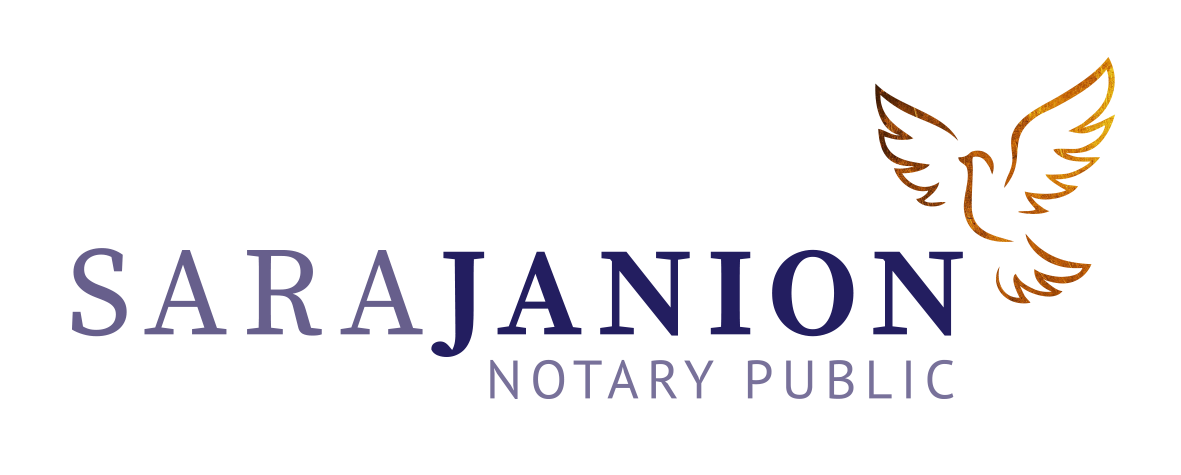After A document has been notarised, it is usually necessary for the notary’s signature and seal to be certified as genuine. This process is called legalisation.
The legalisation requirements and costs depend on the country where the document is to be used as legalisation requirements vary from country to country.
As a general rule, documents for use in countries which are, or have been, part of the British Commonwealth and documents going to most parts of the United States do not usually need to be legalised.
For countries which are a party to the Hague Convention, the notary’s certificate and seal will require legalisation by the UK government via the Foreign and Commonwealth Office (FCO). This is done by a certificate called an apostille (also known as the apostille of the Hague) which is affixed to the document.
For other countries, consular legalisation at the relevant embassy/consulate/ high commission may also be required depending on the requirements of the country the document is going to. Some countries require the document to be legalised by both their embassy and the FCO.
Failure to appropriately legalise the document may mean that it is invalid or unenforceable (or both) in the country where it is intended to be used. You will need to understand what legalisation process will be required in your particular circumstances.
If you think your document requires legalisation or are not sure, don’t worry! I will discuss with you the legalisation requirements and costs for any document that I notarise for you so it is clear what is required. You can of course then arrange the legalisation of your documentation yourself, however I will be happy to provide this service for you should you wish.

